Category Archives: Tests and Assessments
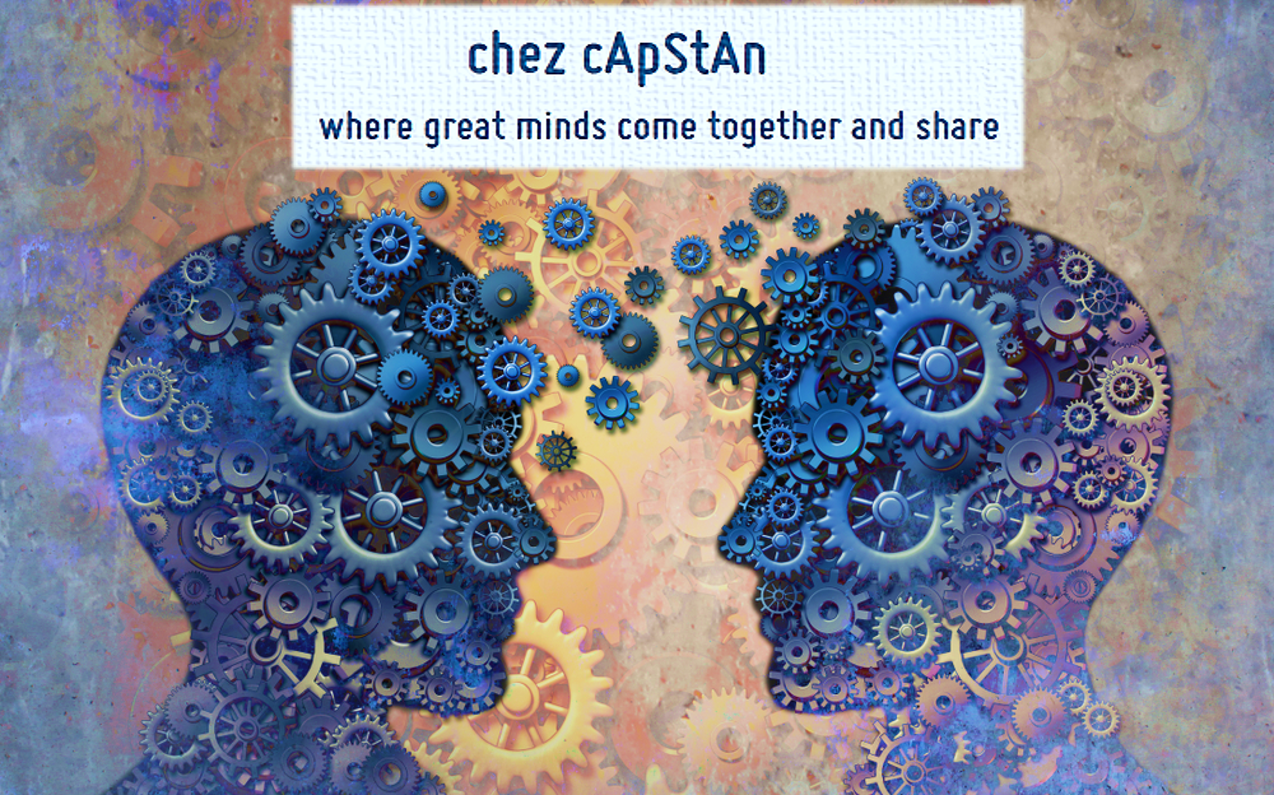
Chez cApStAn — where great minds come together and share
by Steve Dept, cApStAn CEO When I used to run a small translation agency in the nineties, the majority of my clients were universities. Researchers wrote papers, reports and questionnaires (in elegant French, accurate German, factual Dutch or in rather poor English) and needed them translated. They received documents relevant to their work, written in …
“Chez cApStAn — where great minds come together and share”
Read More
Trends in learning: STEM, STEAM, STREAM… A battle of acronyms?
by Pisana Ferrari – cApStAn Ambassador to the Global Village Academic institutions worldwide are embracing “STEM” (Science, Technology, Engineering, Math) education and related curricula, supported in many cases by government funding. The STEM acronym was officially coined in 2001 by the U.S. National Science Foundation (NSF), and the STEM movement developed in response to growing …
“Trends in learning: STEM, STEAM, STREAM… A battle of acronyms?”
Read More
Same language subtitling in programming could improve reading literacy in children, claims UK campaign “Turn On The Subtitles”
by Pisana Ferrari – cApStAn Ambassador to the Global Village A group of major names in UK entertainment, politics and technology has launched a campaign called “Turn On The Subtitles” calling on broadcasters and technology companies to include same language subtitles in all programming. If English-language subtitles were to be run along the bottom of the …
Read More
New IEA study on schoolchidren will map how 21st century skills are defined and integrated in curricula across the world
by Pisana Ferrari – cApStAn Ambassador to the Global Village Much has been said and written about the so called “21st century skills” but there is no real consensus on what is meant by this term and how these skills are included, if at all, in countries’ curricula. A new study by the IEA (International …
Read More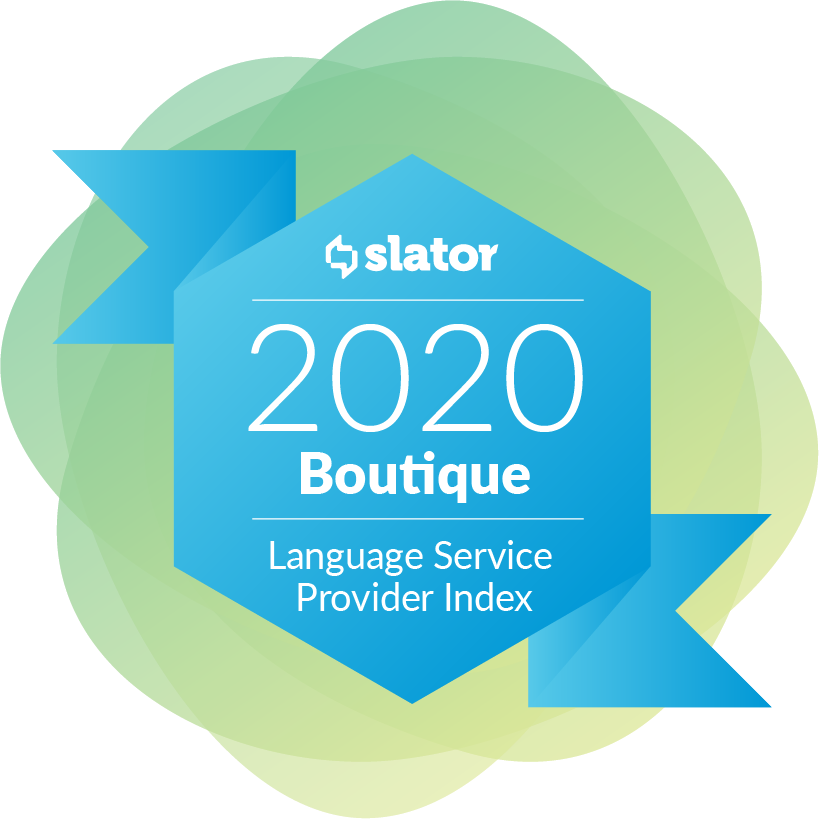
Breaking news: cApStAn listed in the Slator LSP Index
by Steve Dept, cApStAn CEO cApStAn has made in to the Top 100 on this year’s edition of the Slator LSP Index. We are listed in the category of the “Boutique Language Service Providers”. cApStAn is the only Belgian agency listed in this category, and is in the top 10 as regards growth rate from …
“Breaking news: cApStAn listed in the Slator LSP Index”
Read More
“Unlocking the Potential of Assessments”: a podcast series to share insights and best practices
by Pisana Ferrari – cApStAn Ambassador to the Global Village End 2019, Questionmark, industry leader in assessment management software, launched a monthly podcast series called “Unlocking the Potential of Assessments.” This monthly series is hosted by Founder and Executive Director John Kleeman and shares insights on good practice in designing, administering and interpreting assessments. Our own …
““Unlocking the Potential of Assessments”: a podcast series to share insights and best practices”
Read More
Why back translation is inadequate to assess quality in a translated test
by Steve Dept, cApStAn CEO When translating an assessment, a linguistically correct, fluent translation does not ensure that same constructs are measured, that test items are understood the same way or, for that matter, that the fairness, reliability and validity of the test have been maintained. This explains why more sophisticated translation designs are required …
“Why back translation is inadequate to assess quality in a translated test”
Read More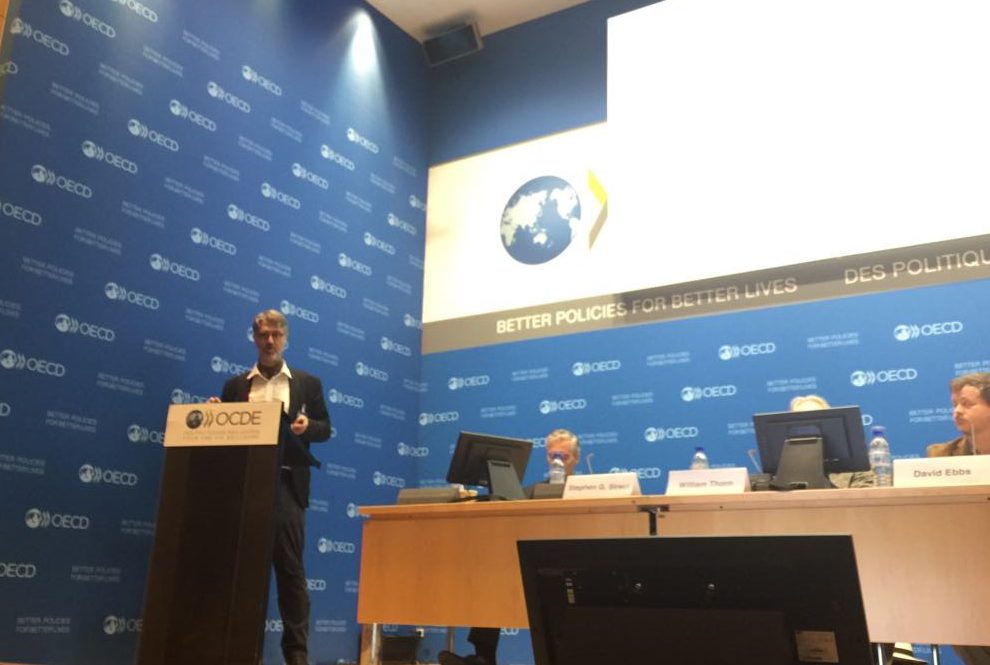
Report of OECD-GESIS seminar on translating/adapting instruments in large-scale assessments now published
by Pisana Ferrari – cApStAn Ambassador to the Global Village The translation and adaptation of measurement instruments is of vital importance in achieving comparability of data in large-scale assessments. What is meant by “comparability” and how can translations be produced that meet the objectives for comparability? This was the overarching question at a methodological seminar …
Read More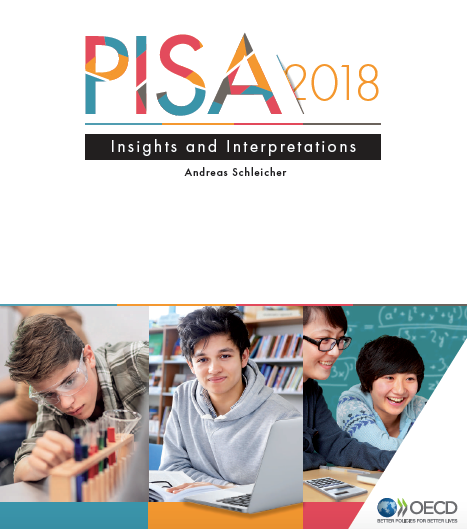
Two recent key international assessments, PISA and ICILS, raise serious concerns about students’ capacity to critically assess information found online
by Pisana Ferrari – cApStAn Ambassador to the Global Village Reading is no longer mainly about extracting information; it is about constructing knowledge, thinking critically and making well-founded judgements”. “Students need to be able to read complex texts, distinguish between credible and untrustworthy sources of information, and between fact and fiction, and question or seek …
Read More
Multilingual tests: Why adequate training of linguists is a key component of translation quality in test translation and adaptation
by Steve Dept, cApStAn CEO All language service providers will claim that they only work with experienced translators, which is mostly true, but this does not per se ensure translation quality. Serious organisations – and there are many – will invest time in preparing their test translation and adaptation projects thoroughly for multilingual tests: this …
Read More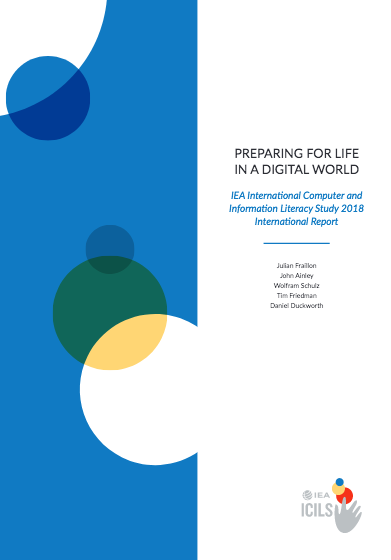
The latest cycle of ICILS reveals that over 40% of students have only minimal ability to critically assess information found online
by Pisana Ferrari – cApStAn Ambassador to the Global Village Contrary to common assumption young people do not necessarily develop sophisticated digital skills just by growing up using digital devices: 18% of students who took part in the latest cycle of the International Computer and Information Literacy Study (ICILS) failed to reach even the lowest …
Read More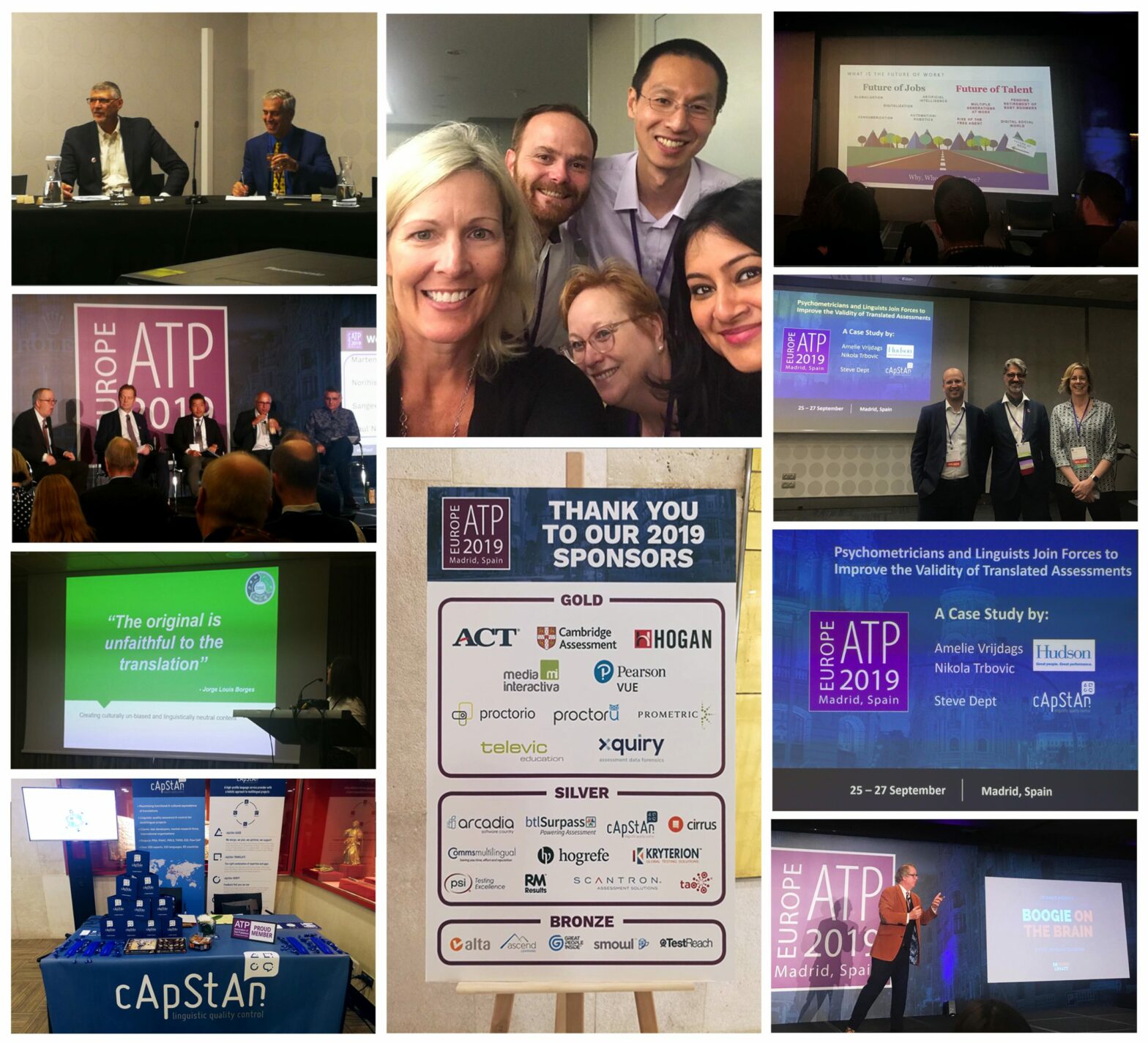
Highlights from the E-ATP Conference in Madrid
by Pisana Ferrari – cApStAn Ambassador to the Global Village The E-ATP conference was a vibrant event, bustling with awareness of disruption in the testing industry and eagerness to board the train to transform assessments. Artificial intelligence, machine learning, brain science, big data, personalized and adaptive learning, rapidly changing skills and other technology, combined with …
“Highlights from the E-ATP Conference in Madrid”
Read More